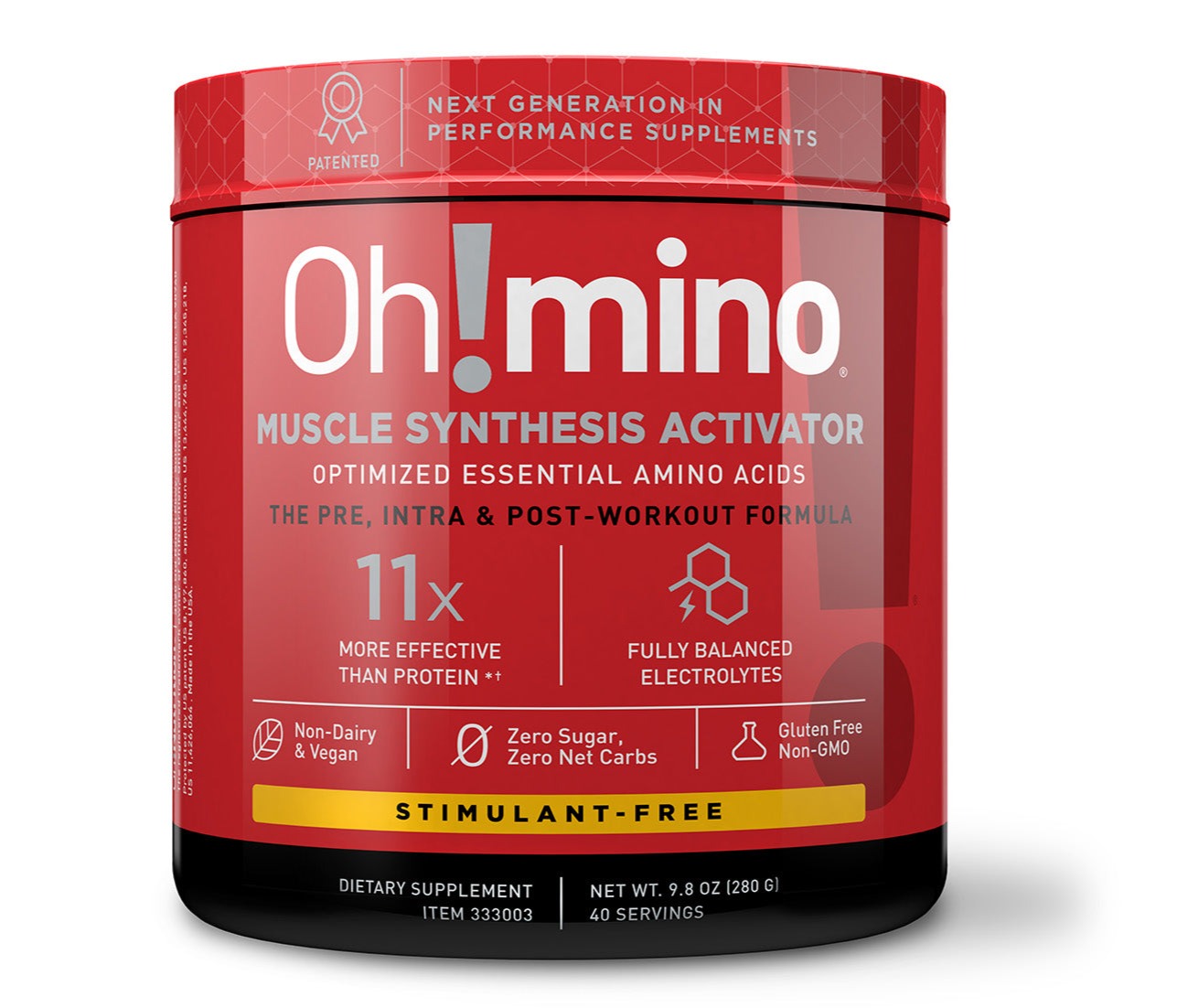Sleep isn't just a passive state where the body shuts off; it's an active period of recovery, rebuilding, and strengthening.
Beyond the well-known advice of getting 7-9 hours of sleep, there lies a deeper understanding of how sleep stages intricately contribute to muscle healing and fitness gains.
The Science of Sleep and Recovery
Sleep can be segmented into several stages, each playing a distinct role in the recovery process.
The most critical stages for athletes and fitness enthusiasts are deep sleep and REM (Rapid Eye Movement) sleep.
Deep sleep, often referred to as the body’s healing phase, is when growth hormone levels peak, facilitating muscle repair and growth.
On the other hand, REM sleep, the stage associated with dreaming, is crucial for cognitive functions and mental recovery, which is equally important for a balanced fitness routine.
Sleep Quality Over Quantity
While the quantity of sleep is important, the quality of your sleep can be a game-changer for muscle recovery.
Achieving uninterrupted, high-quality sleep ensures you cycle through the essential stages of sleep, including the deep and REM phases, where the magic of muscle repair happens.
Enhancing sleep quality could involve creating a pre-sleep routine, optimizing your sleep environment, and possibly reevaluating your training schedule to align with your circadian rhythm, offering a unique avenue to boost recovery and performance.
The Role of Sleep in Hormonal Balance
Sleep's impact on muscle recovery extends into the realm of hormonal balance. Insufficient or poor-quality sleep can lead to imbalances in cortisol, the stress hormone, and testosterone, both of which play significant roles in muscle recovery and growth.
Elevated cortisol levels can hinder muscle repair and amplify the risk of injury, while optimal testosterone levels support muscle synthesis.
Understanding and harnessing the power of sleep to regulate these hormones can be a secret weapon in your fitness arsenal.
Implementing Sleep Strategies for Enhanced Recovery
1. Syncing Workout and Sleep Schedules
Aligning intense workouts with your body's natural rhythms can improve sleep quality and muscle recovery.
For instance, morning workouts can capitalize on the body's cortisol peak, while ensuring exercise doesn't interfere with winding down at night.
2. Developing a Pre-Sleep Ritual
Establishing a calming pre-sleep routine, such as light stretching, meditation, or reading, can enhance sleep quality, facilitating better recovery.
3. Optimizing the Sleep Environment
Ensuring your bedroom is cool, dark, and quiet can significantly improve the quality of sleep, making each hour of rest more restorative.
--
Sleep, often overlooked in the muscle recovery conversation, is actually one of the most powerful tools at your disposal.
By focusing not just on the quantity but the quality of sleep, and understanding its role in hormonal balance and recovery processes, athletes can unlock new levels of performance.
It's time to view sleep not just as a necessity but as a critical component of your fitness routine.
The secret to muscle recovery and athletic improvement doesn't lie solely in what you do in the gym or on your plate; it's also about what happens in the quiet of the night.
So, as you plan your next workout, remember to give sleep the priority it deserves in your recovery strategy, and prepare to be amazed at the difference it makes.




